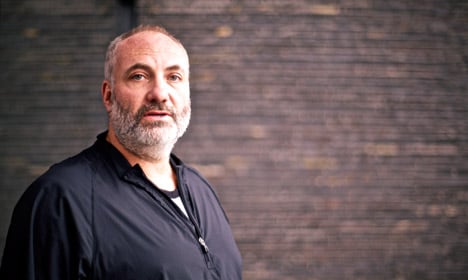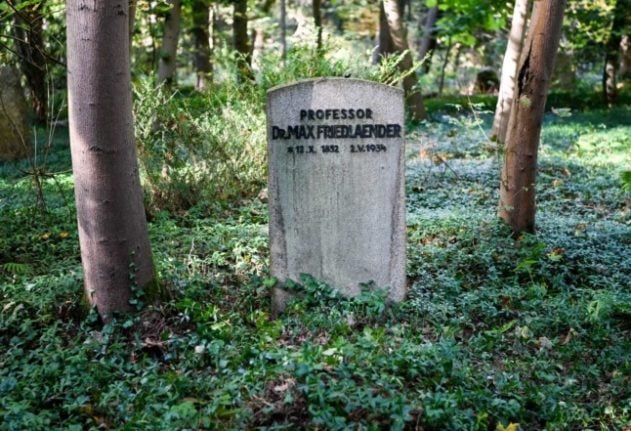Fans of the Swedish-Danish co-production were devastated when it was announced that the Danish detective Martin Rohde would be written out of the show.
Bodnia was a huge hit with viewers, but the Dane said he wanted out as he was unhappy with the script and his character’s development.
Speaking to Walla in Israel, the 50-year-old actor, who is Jewish, has now revealed that anti-Semitism was another reason for ditching the crime drama that has wowed audiences worldwide:
“It’s growing, especially in Malmö where we shot The Bridge in Sweden. It’s not very comfortable to be there as a Jewish person. So of course this has something to do with why it’s easy for me to say no to working in Sweden.”
Bodnia said he also thought the actors were given too little input into their character development in the third season. But if he had any hesitation about leaving, the decision was made easier by anti-Jewish developments in Sweden’s third-largest city.
“It’s very easy, when they didn’t have the script right, I can say: Well, I don’t feel so safe there. It’s not funny, it’s growing and we have to deal with it every day and we have to fight against it,” said Bodnia, who also noted that Denmark faced similar challenges.
With Rohde out of the frame, the eccentric Malmö cop Saga Norén instead had to get used to working with a new partner from the other side of the Öresund strait in the third season of The Bridge, which aired in Scandinavia late last year.
An escalation in hate crimes against Jews has seen many families leave Sweden in recent years.
The head of the Swedish Jewish Community, Lena Posner-Körösi, told The Local in the wake of last year’s terror attacks in Copenhagen that threats from Islamists in particular had become commonplace.
Heavily armed police were stationed outside Jewish institutions across Sweden amid fears of attacks (see video below).
US President Barack Obama even sent a special envoy to Stockholm and Malmö to see how Swedish cities were dealing with threats to Jews.
Lena Posner-Körösi welcomed that move, telling The Local:
“What we are facing now is not just an issue for the Jewish community, it is a threat to the whole western democratic world…we appreciate everyone who is concerned.”



 Please whitelist us to continue reading.
Please whitelist us to continue reading.